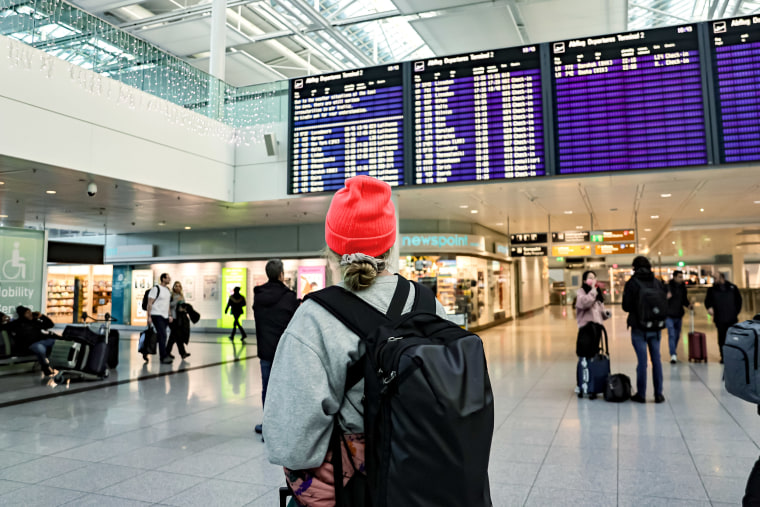Americans who are planning to visit Europe in 2024 don’t have to worry about applying to the European Union’s new travel authorization system yet.
For almost a decade now, European Union authorities have been working on a visa-like system called the European Travel Information and Authorisation System. It’s for travelers from “visa-exempt” countries like the U.S., and the U.S. has a similar system.
After several years of delays, ETIAS was expected to go online in 2024, but it has now been pushed back to mid-2025 because its entry/exit database isn’t ready.
The system is not handling applications yet, so American travelers can hold off a bit longer on their paperwork.
Eventually, travelers from visa-exempt countries who want to go to most EU nations, as well as Switzerland, Norway, Iceland and Liechtenstein, will have to register online. Most people will have to pay an application fee of 7 euros ($7.70). All of those travelers, including small children, will have to apply.
Travelers from Canada, Mexico, Australia and most South American countries will have to apply through ETIAS as well.
The EU says most applications will be processed within minutes, but some will take days or weeks and require additional information, so it advises people to apply well in advance of their trips.
Assuming authorization is granted, it will be good for three years, or until the user’s passport expires, whichever is first. That authorization will allow travelers to enter those European countries as often as they want for short stays, which are typically 90 days in any 180-day period — assuming border security approves.

